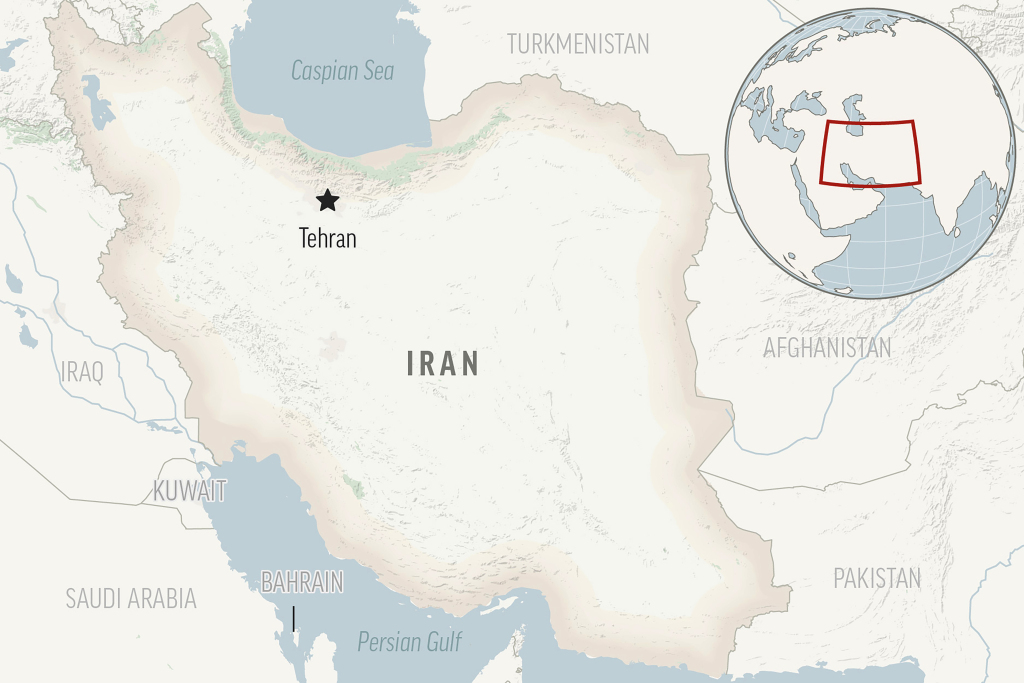In a pre-dawn raid Saturday, Israel launched airstrikes on various Iranian military sites in response to recent Iranian missile attacks. The IDF confirmed “precise and targeted strikes” on missile defense systems, aerial assets, and missile manufacturing sites allegedly used to produce weapons against Israel. While explosions reverberated through Tehran, Iranian authorities downplayed the damage, reporting only “limited impact.” Targets included military bases in Ilam, Khuzestan, and Tehran provinces, though neither nation has provided full damage reports.

Strategic Restraint: What Israel Didn’t Target
Significantly, Israel refrained from hitting critical Iranian infrastructure, such as oil and nuclear facilities, which would likely provoke a severe Iranian retaliation. Earlier this month, President Biden indicated he would not back an Israeli strike on Iran’s nuclear sites, and U.S. officials confirmed a verbal understanding with Israel not to target such sensitive locations.
Strike Mission Completed, Says Israeli Military
Israel announced the end of its retaliatory operation early Saturday, with IDF spokesperson Rear Adm. Daniel Hagari stating the mission had achieved its objectives. Following the airstrikes, Iran’s Civil Aviation Organization resumed commercial flights, which had been paused due to the attacks. Analysts noted that Israel’s strikes served as both a deterrent to future aggression and a signal of restraint, limiting Iran’s loss of face.
International Outcry and Calls for Restraint
The White House quickly urged both countries to avoid further escalation, while British Prime Minister Keir Starmer emphasized the need for restraint across the region. However, several Middle Eastern countries, including Saudi Arabia, condemned the strikes as threats to stability and violations of international law. Turkey went further, accusing Israel of bringing the region “to the brink of a greater war.”
Hamas, whose October 7 assault on Israel sparked the recent conflict, joined other nations in condemning the strikes. Israel’s response in Gaza has led to over 42,000 Palestinian deaths, with local officials reporting that women and children make up more than half of the casualties.
Eyes on Iran: Tehran’s Next Move
Iran’s Foreign Ministry decried Israel’s strikes as violations of international law and signaled its intention to respond. While Tehran could launch another missile barrage, it risks a fresh Israeli counterattack on its weakened defenses. Alternatively, Iran may press its allied groups, including Hamas and Hezbollah, to ramp up their campaigns against Israel. However, both groups have sustained heavy losses in their ongoing battles with Israel.
Analysts believe Iran faces complex constraints: sanctions, military limits, and potential diplomatic considerations tied to the U.S. election outcome. “Iran is boxed in by its own limitations,” remarked Sanam Vakil of Chatham House, predicting that Tehran may downplay the strikes’ impact to avoid intensifying the conflict further.